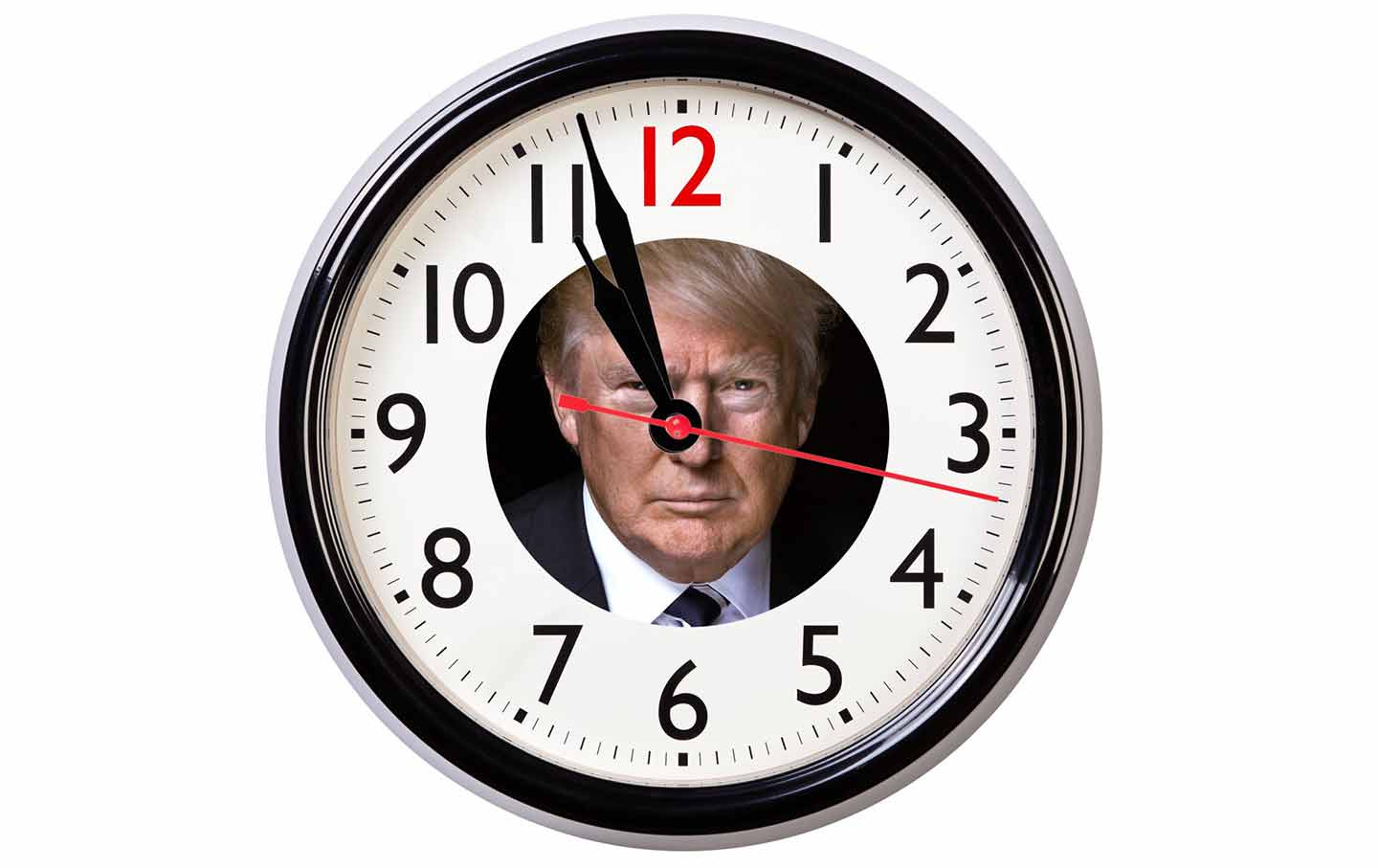Will Trump Withdraw US Bases from Qatar?
Trump’s comments to CNN on Thursday can possibly be understood from domestic and external perspectives. Domestically, his comments are directed toward his populist base, and to the “American First” slogan which he raised throughout the campaign. From this viewpoint, there is no U.S. military base that can’t be moved, and there are no benefits offered by Qatar that can’t be offered by another country. The American president has asserted that the cost of moving the base and establishing a replacement will be the responsibility of the host nation, or other participant countries, and not the United States.
From an external perspective, which is the most important, Trump’s comments reflect a discussion inside his administration about the selection of alternatives for several bases. This is being done in case the crisis in Qatar is prolonged, or in case the American military movements in the war against the Islamic State in Syria, Iraq, and Afghanistan remain threatened. According to a comment made by a Trump spokesman to NBC at the beginning of the crisis, Trump did not know there were 11,000 American soldiers on the base, something that was announced back in 2002. He was unaware that the base gives the U.S. military a number of advantages including aircraft movement, fuel security, and communications with operation centers. Today, Trump does not talk only about the military base, but rather about possible alternatives for it. This means that the debate surrounding the emergency choices and alternatives has begun in Washington even if the president has not made any specific decision.
For the past several months, the media debate has revolved around former senior defense figures, some of whom are consultants to the White House. Retired Adm. James Stavridis wrote in The Daily News on June 28 that Washington “should quietly explore alternative plans to move air operations from Qatar to the United Arab Emirates, a move that puts our forces in a more stable environment.” Stavridis, now dean of the Fletcher School of Law and Diplomacy at Tufts University, was a former adviser to former presidential candidate Hillary Clinton before he began as a consultant to Trump. Such a move reflects a defensive posture within the U.S. political center over moving the bases.
This trend, however, does not reflect the beliefs of Secretary of Defense James Mattis, who, since the first day of the crisis, has been keen to maintain defense cooperation with Qatar, and to separate the current crisis as much as possible from the war against the Islamic State group. Following Trump’s speech yesterday, Mattis told reporters “there are no ramifications on the air base,” and that “there is no need to search for alternatives.” At the same time, the amount of communication between Secretary Mattis and his Qatari counterpart Khaled al-Attiyah has increased in order to ensure that despite what the American president said, the defense mechanisms between the two countries remain guaranteed.
However, Mattis and Secretary of State Rex Tillerson, despite whatever they attempt, cannot dismiss Trump’s statements or tweets as accidental. The president, in coordination with Congress, is the commander in chief and has the final say in times of peace and war. He is the one who is taking a different approach in style and tone from the way the state department has traditionally dealt with Qatar.
Trump, along with others within and outside of his administration, including Richard Clarke, a prominent U.S. counterterrorism analyst, believes that the crisis is an opportunity for Washington to “correct Qatar’s course,” according to Clark’s remarks to a group of reporters.* Now there is talk of taking the option of relocating the base off the table in a move to pressure Doha. This may, in fact, be the more likely step in the event of a prolonged crisis that increases the uncertainty and has repercussions for the region.
*Editor’s note: Although accurately translated, this quoted phrase could not be independently verified.


